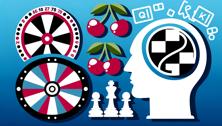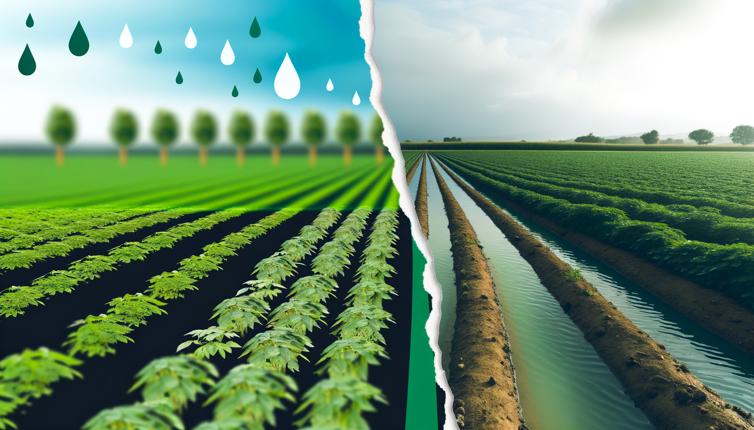Direct-to-Consumer Marketing
Direct-to-consumer marketing refers to the practice of selling agricultural products directly to the end consumers, bypassing any middlemen or intermediaries. Here are some of its pros and cons:,Pros:,- Higher Profit Margins: By eliminating wholesalers and retailers, farmers can command higher prices for their products and keep the majority of the revenue.,- Building Customer Relationships: Selling directly allows farmers to interact with their customers, build relationships, and understand their preferences better.,- Product Differentiation: Direct-to-consumer marketing provides an opportunity for farmers to showcase the unique qualities of their products and differentiate themselves from competitors.,Cons:,- Time and Effort: Selling directly requires significant time and effort in marketing, sales, and customer service. Farmers need to invest in setting up distribution channels, attending farmers markets, or managing online platforms.,- Limited Reach: Compared to wholesalers, direct-to-consumer marketing has a limited reach as it mainly targets local customers. Farmers need to rely on local demand and may struggle to reach a broader market.,- Price Pressure: Selling directly may expose farmers to price pressure, as customers are often looking for the best deal. It can be challenging to maintain higher prices without sacrificing sales volume.
Wholesale Marketing
Wholesale marketing involves selling agricultural products in large quantities to wholesalers, who then distribute the products to retailers or other intermediaries. Let's explore its pros and cons:,Pros:,- Broad Market Reach: Selling to wholesalers allows farmers to reach a larger market as wholesalers have established distribution networks and can access customers across different regions.,- Convenience and Efficiency: Wholesalers handle logistics, storage, and transportation, relieving farmers of these responsibilities and allowing them to focus on production.,- Stable Demand: Wholesalers often have consistent demand for agricultural products, providing farmers with a more predictable and stable income.,Cons:,- Lower Profit Margins: Wholesalers buy products at lower prices to account for their own profits. Farmers may receive a lower price per unit compared to selling directly to consumers.,- Limited Control: Farmers have less control over the marketing and branding of their products when selling through wholesalers. They may need to conform to certain quality or packaging requirements.,- Lack of Customer Insights: With limited direct interaction with end consumers, farmers may miss out on valuable feedback and insights to improve their products.,- Dependency on Wholesalers: Farmers become dependent on wholesalers for market access, and any changes in the relationship or market conditions can significantly impact their business.
Conclusion
The choice between direct-to-consumer and wholesale marketing depends on various factors and goals of the farm. Both options have their advantages and disadvantages, and farmers need to carefully consider their product, target market, resources, and desired income. It is also possible to combine both strategies by selling directly to consumers through farmers markets or online platforms while also working with wholesalers to reach a broader market. Ultimately, the success of the marketing approach will depend on the farmer's ability to understand and meet the needs of their customers while optimizing their profitability.









